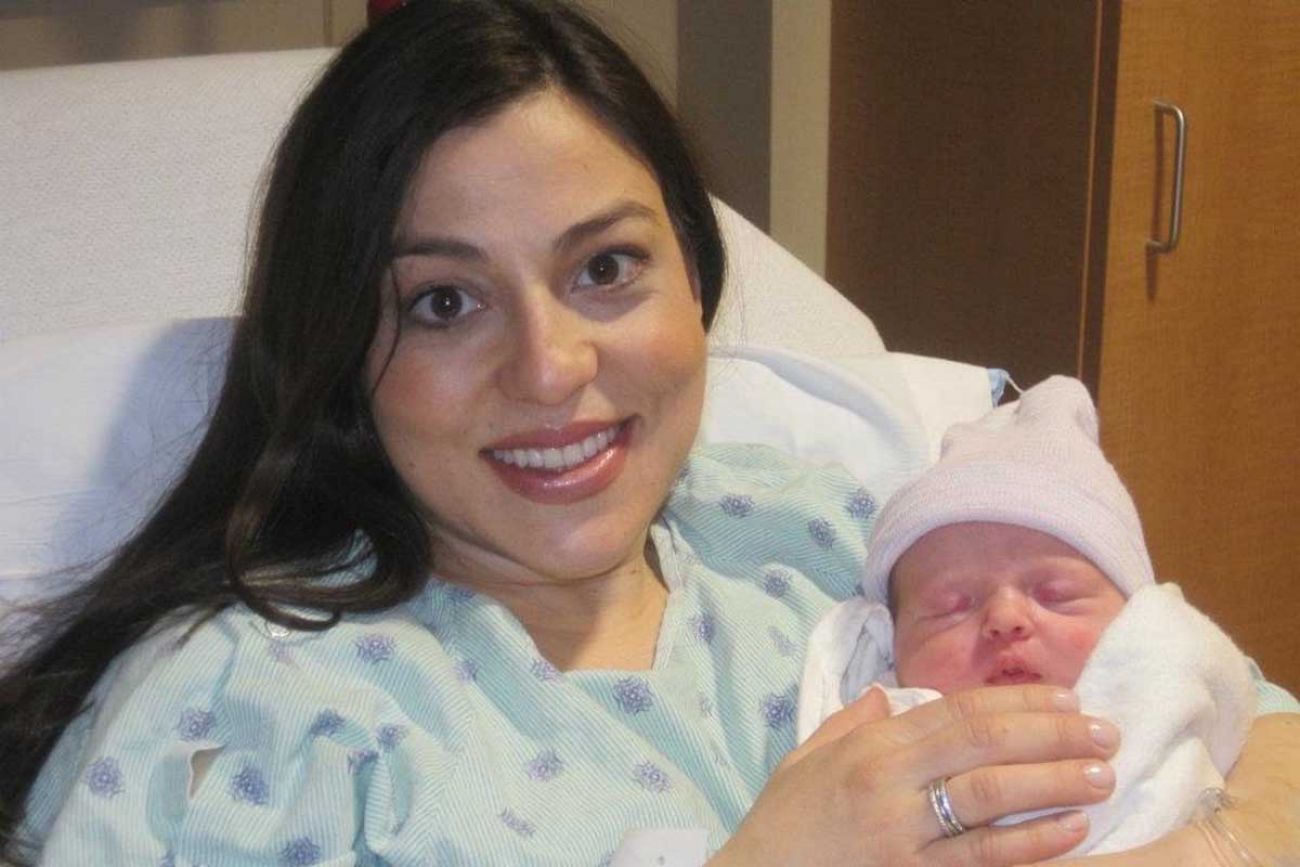Michigan’s top doc: COVID vaccines aren’t just about protecting you

Aug. 17: Michigan GOP eyes limits to vaccine, mask rules. Health officials dismayed
Aug. 12: Michigan recommends masks for businesses, as fears rise of fourth COVID wave
Getting a COVID vaccine isn’t just about protecting yourself; it’s also about being a good neighbor. That was the message delivered Monday by Michigan’s chief medical executive, the mother of a child who had died from an unrelated disease, and others as the Whitmer administration step up efforts to boost routine school vaccines against diseases such as measles, mumps and rubella — as well as COVID-19.
“They're about protecting the community — those who are elderly, those who may have weakened immune systems, or are unable to get some vaccines,” said Dr. Joneigh Khaldun, chief medical executive for the Michigan Department of Health and Human Services. “A choice to vaccinate is not just a personal choice. It's a choice to protect an entire community.”
Related:
- Top Michigan Republican will skip Mackinac conference over vaccine mandate
- Protesters gather at Michigan Capitol to protest COVID vaccine mandates
- CDC raises Michigan COVID risk level: Why it matters, and why it may not
- Vaccine mandates increase among Michigan employers. What you need to know.
- Gov. Whitmer urges Michigan schools to mask up, stops short of mandate
The event unfolded three days after protestors gathered at the steps of the state capitol to voice opposition against COVID vaccine mandates. Among the protesters were some nurses, most likely to fall under vaccine mandates. The state’s large healthcare systems now mandate vaccines as a condition of employment.

Monday’s event served as a rebuttal to widespread reluctance to take one of three approved COVID vaccines, which have proven safe and reliable in the roughly eight months since they were approved for emergency use in the pandemic. Among the speakers was the mother of Francesca Marie McNally. The child died in 2012 when she was three months old of pertussis, or whooping cough, a vaccine-preventable disease.
“We were having her baptized as they took her from us,” said her mother, Veronica McNally, recalling the moments her child was taken to the intensive care unit. McNally is founder of the West Bloomfield-based Franny Strong Foundation and the I Vaccinate campaign, and a consumer representative on the Centers for Disease Control and Prevention’s Advisory Committee on Immunization Practices.
Her daughter was too young to be vaccinated herself, so like other infants, Francesca’s protection against disease would have come from those who were vaccinated around her, McNally has said.
The news conference Monday had been promoted as a way to address the broader issue of childhood vaccines that flagged during the pandemic, as families avoided health care settings and routine pediatrician’s appointments for fear of catching COVID-19. Of Michigan’s 83 counties, routine vaccinations among children 19- to 36-months old is now below 70 percent in more 46 counties. In November 2019, just 13 counties had vaccine rates that low, according to the state.
Among adolescents, vaccination coverage fell from 77 percent in January to 2020 to 73.7 percent 18 months later, according to MDHHS.
“We simply cannot afford another outbreak or an epidemic of one of these vaccine-preventable diseases,” McNally said.
But it was clear Monday that speakers also were addressing COVID vaccines. (COVID vaccines are now available to anyone 12 and older; vaccines for younger children may be approved in the coming months.)
As of Monday, just under 60 percent of eligible Michiganders had received at least a first dose of a COVID vaccine. That number fell to nearly 43 percent among 16- to 19-year-olds, and nearly 33 percent among 12- to 15-year-olds, according to state data.
Pressure has mounted in recent weeks to boost Michigan’s COVID vaccination rate, as the highly transmissible Delta variant fuels a resurgence of the virus and school districts struggle with how to safely reopen classrooms this fall to in-person learning.
“Just thinking about the vaccine as something that protects you is not enough,” Ingham County health officer Linda Vail said. “We have people in our communities, always, who can't get vaccinated for medical reasons. We have an obligation to protect those vulnerable people in our community by getting vaccinated around them, by creating a barrier” against disease.
Khaldun said the state itself is not now considering a vaccine requirement, but she noted that private businesses can pass such a mandate.
“We've learned throughout this pandemic that businesses have an incredibly important role to play in preventing diseases and keeping their employees and patrons healthy,” Khaldun said, adding that “at this time, we're not looking at a vaccine mandate here in the state.”
See what new members are saying about why they donated to Bridge Michigan:
- “In order for this information to be accurate and unbiased it must be underwritten by its readers, not by special interests.” - Larry S.
- “Not many other media sources report on the topics Bridge does.” - Susan B.
- “Your journalism is outstanding and rare these days.” - Mark S.
If you want to ensure the future of nonpartisan, nonprofit Michigan journalism, please become a member today. You, too, will be asked why you donated and maybe we'll feature your quote next time!








